Building a career in the music industry doesn’t always have to be straightforward. You could take on multiple jobs (or even stay with only one for years) before figuring out exactly which road you want to take. Just ask TAWBOX, the BAFTA-winning creative director duo composed of Amber Rimell and Bronski. The pair ensures that the audience experiences a live performance that’s second to none through their frequent work with Stormzy and the likes of Dave, Olivia Rodrigo, Weezer and Arlo Parks.
Prior to developing some of the most significant tours and performances in modern music history, Rimell turned her hobby of dance into a professional performance and choreography career and Bronski took on several roles as a musician and live event producer. From the jump, the pair had a very strong and specific common trait: curiosity. As a dancer, Rimell was always interested in the other aspects of performance and “was probably the annoying person asking all the questions,” but she never regretted being that kind of person. “I’m glad I did, because I learnt way more than dance,” she confidently reiterates. Meanwhile, Bronski spent much of his time getting caught up in the different music scenes, attending shows and festivals, playing for bands and hanging out in music shops and record stores, “It was a non-stop spiral of music, performance, culture and people. All that and years of working in recording studios, and production on live events led me to where I am now.”
The marriage of their varying experiences and affinity with the performing arts became the cornerstone of TAWBOX. Rimell and Bronski are always looking to push audience boundaries and create memorable live experiences for their clients.
If you really know the music, you can do a lot with an artist, three lights, and a smoke machine — and maybe a stage fan threw in too.
In three words, how would you describe your job to someone who isn’t familiar with the music industry?
Rimell: Exciting, rewarding, creative.
Bronski: Very. Long. Days.
Can you run us through a day in your work life?
Rimell: Coffee is essential! We usually start our day with calls and work our way through emails, then the rest depends on what mode we’re in. It could be a meeting day, a blank canvas creative day, a pre-production day, a prep rehearsal, a full rehearsal day, a production rehearsal day (multiply coffee times five for these days), or a show day. We are either working from home, from our studio, one of many rehearsal studios, at a venue or at a TV/film studio. Depending on the day, we could also be leading a rehearsal with hundreds of cast and crew. Travelling takes up a lot of time and can be unbelievably varied, which makes our lives tiring but exciting! It isn’t always as glamorous as it sounds, but we both love it.
One of your most iconic works was Stormzy’s headlining set at Glastonbury 2019. Can you guide us through the process and timeline of creating something that powerful and memorable?
Bronski: We found out he was headlining around a year before Glastonbury 2019. During the first few months of the planning process, we came up with a few ideas and bounced them off Stormzy to get a gauge of what direction we might go. In January 2019, , we all met up and were immediately on the same page. We knew the concept and we also knew that sharing the stage with other performers was important. In fact, we had the setlist nailed that day! Following that, we had months to develop, research, script and rehearse the performance.
Ahead of the performance we had production rehearsals, which took place in a huge warehouse that was big enough to fit the stage. All cast, crew and production were locked together in that space for a week. It was the most beautiful, productive and emotional week I have ever experienced. Everyone was on the same page and came together to create something that was so passionately South London. It was such a moment for him and for Black culture in the UK.
Besides Stormzy, another of your clients is Olivia Rodrigo, who’s just 19 years old. Do you see a difference in the vision of younger and older artists?
Bronski: I do, but not necessarily all the time. I always find it fascinating how mature most artists are in their creativity. Quite often when we are visualizing a concept for a performance, we imagine we are 17 years old again and viewing it from the audience. It’s important to take ourselves away from being experienced professionals and remember the cool sh*t that excited us the first time we saw it.
What are the first steps a young person should take to enter a career in music as a creative director?
Rimell: I think having a background in music and/or an area in the creative industry helps immensely.
Bronski: At the end of the day, it’s all about the music, and having experience in creative industries helps. If you really know the music, you can do a lot with an artist, three lights, and a smoke machine — and maybe a stage fan threw in too. Listen to music, watch shows, study stagecraft and theater. There are so many breaking artists and cool small venues out there that you can apply it to. I remember pressing random buttons on a lighting desk at the Barfly in Camden, London for a mate’s band when I was 15 or 16 years old. At the time, I didn’t know what those buttons did, but I sure as f*ck hit them on time and on the accents. I’m probably the only person who remembers I did it, but I take that experience with me wherever I go today.
What was the biggest challenge you’ve had to face so far? And how did you overcome it?
Amber: We are in a client-based world, and sometimes all of our clients are active at the same time. Often, a project becomes bigger than we first thought it would be too. It can be a balancing act to get it all right.
It’s important to take ourselves away from being experienced professionals and remember the cool sh*t that excited us the first time we saw it.
What are some habits you follow regularly to always maintain a good headspace for work?
Amber: Meditation, I also like to listen to calming music for sleep. It’s good to switch off even if it’s for five minutes.
Bronski: Short breaks. Listen to something totally different. Remember what it was like to be a teenager.
What does a day off look like for you?
Amber: I’m asleep for most of it or I love to delve into a Netflix drama, a long walk or see my family.
Bronski: Sleep. Football. Formula 1. Guitars. Fresh air.
How do you see your job evolving with the music industry in the next 5 years?
Bronski: Technology changes a lot so there will be an element of keeping a close eye on where it goes. I guess it will be interesting to see how the next social media craze will influence the industry too. It’s not always easy for them, and not always for us either!
If not music, what would you be doing?
Amber: I have no idea.
Bronski: Writing a film.
Stay tuned for more features with music industry professionals — from managers to sound engineers, stagehands and others; the people who make the music world go round without standing behind a microphone.
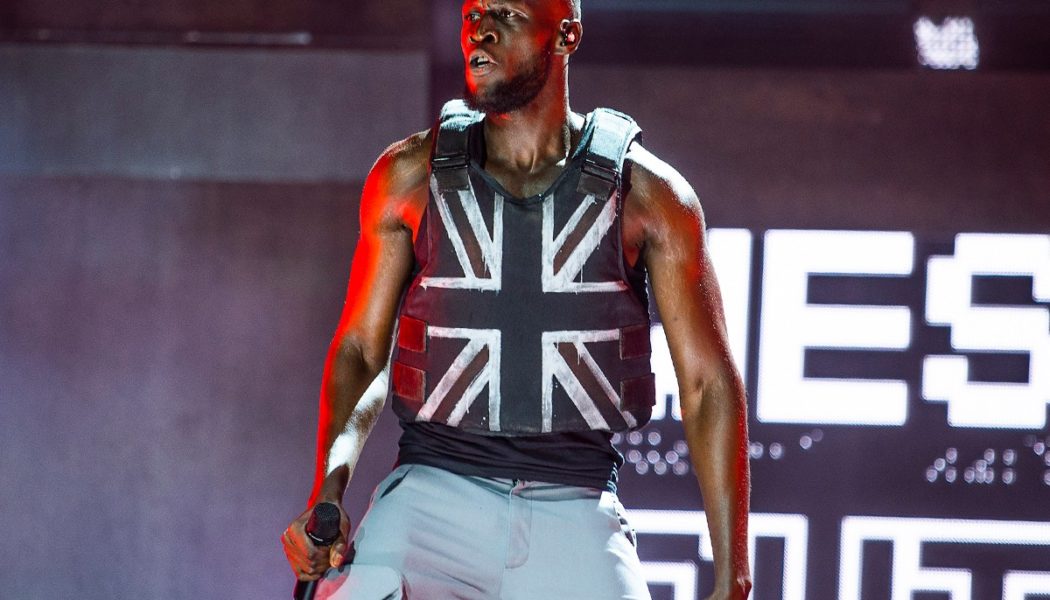
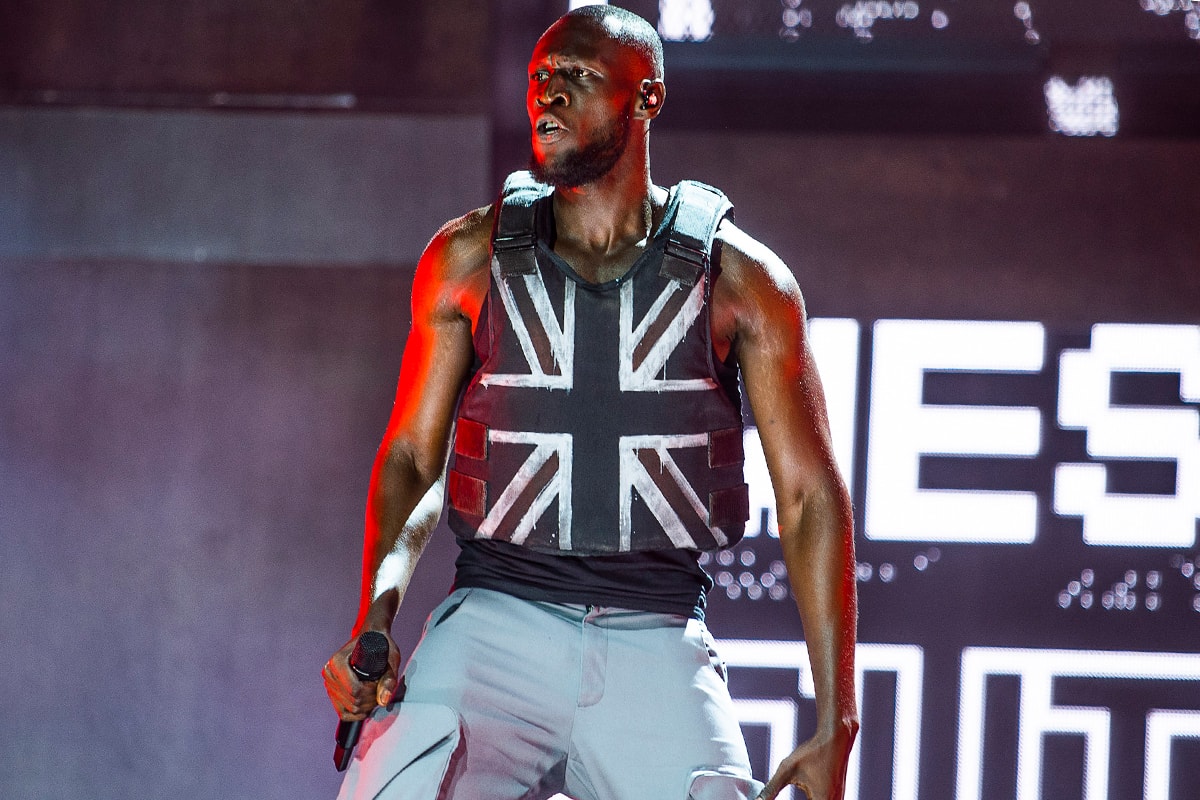
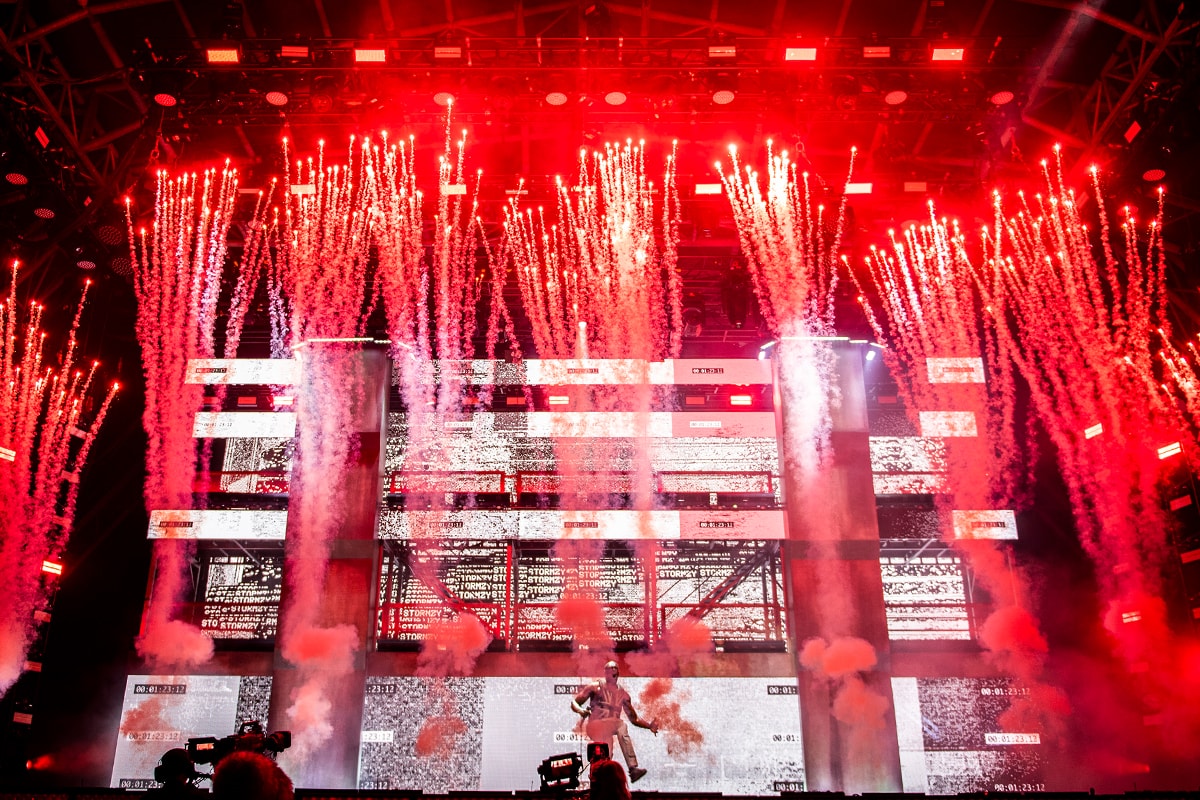
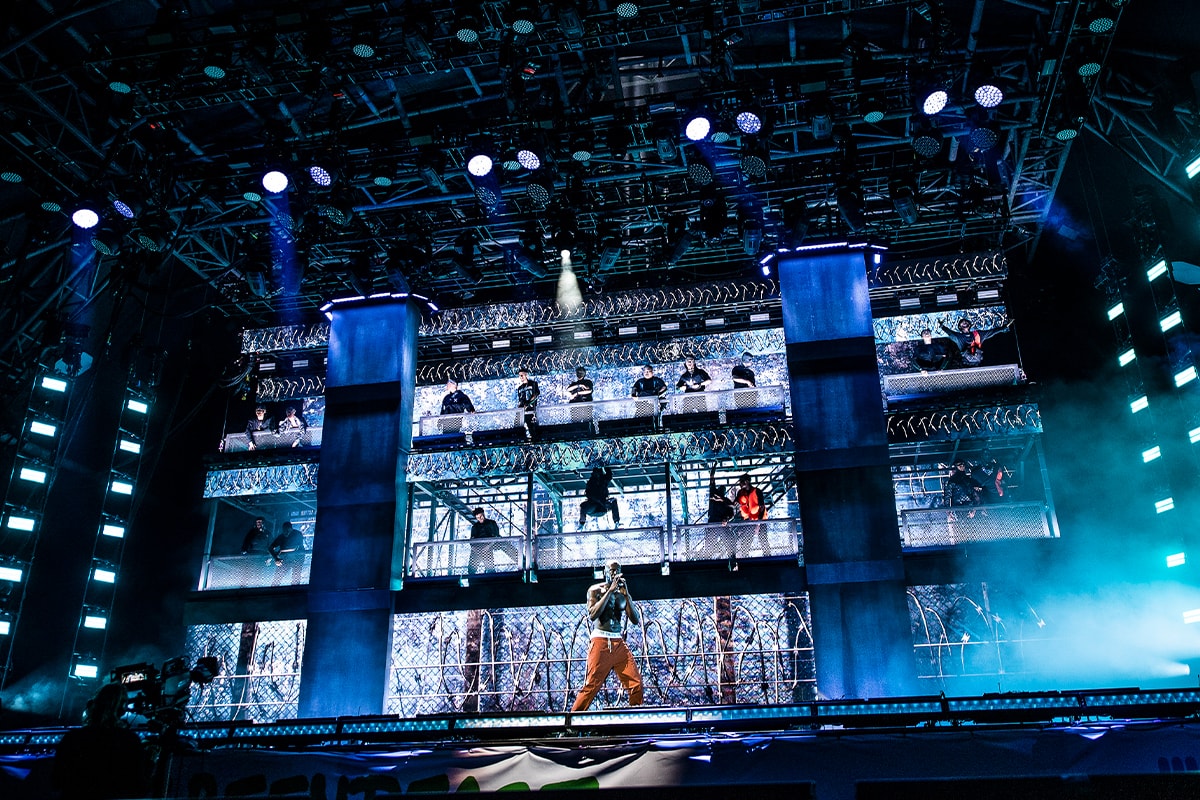
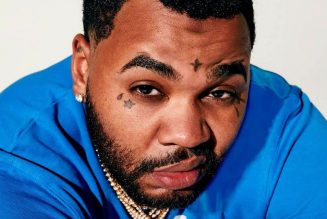
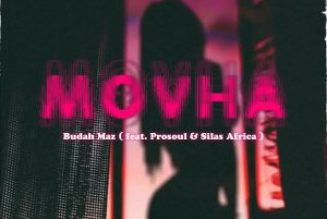
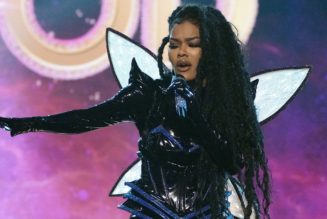
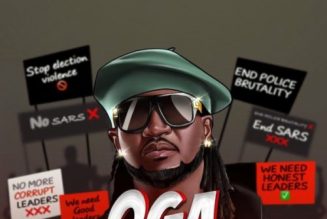
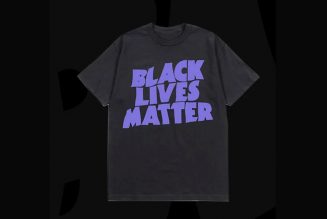
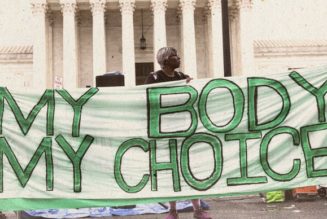
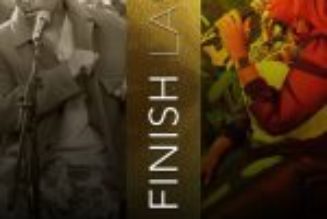
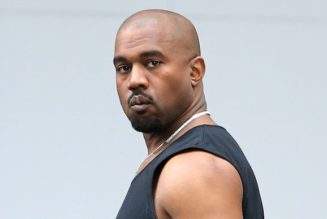
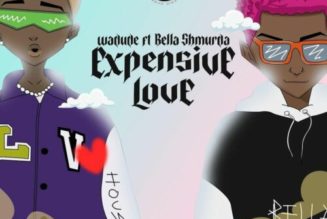
Tagged: entertainment blog, FEATURES, music, music blog